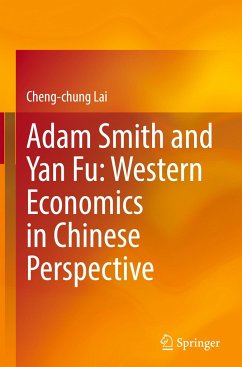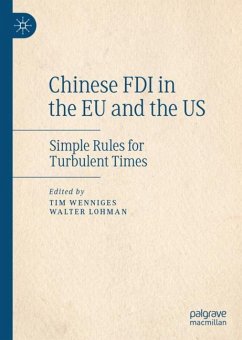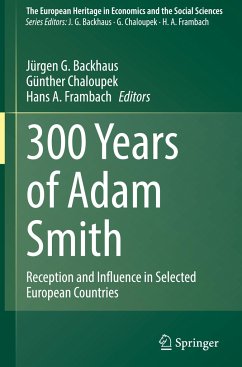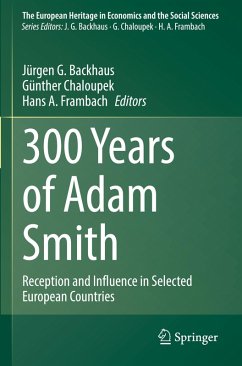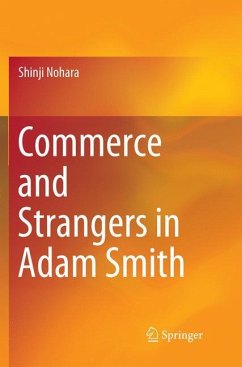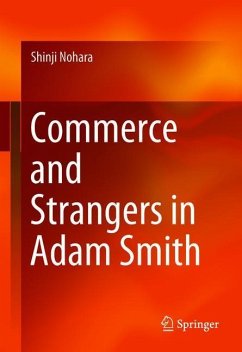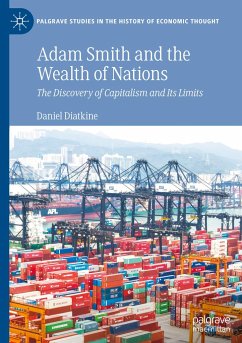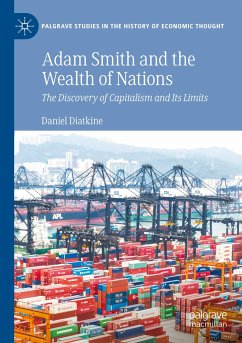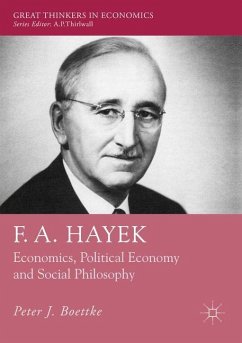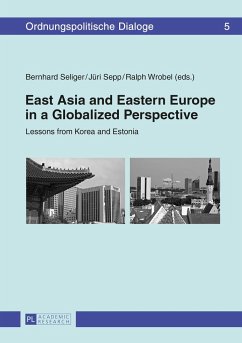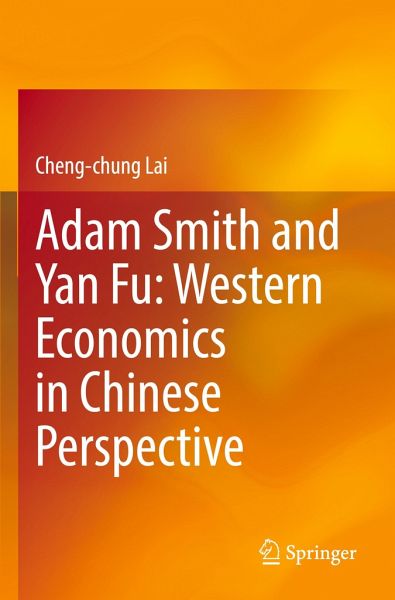
Adam Smith and Yan Fu: Western Economics in Chinese Perspective
Versandkostenfrei!
Versandfertig in 6-10 Tagen
31,99 €
inkl. MwSt.
Weitere Ausgaben:

PAYBACK Punkte
16 °P sammeln!
This book examines at a static level how Adam Smith's The Wealth of Nations (1776) was introduced into China at the turn of the twentieth century. In a dynamic socio-economic context, Yan Fu (1854-1921) had The Wealth of Nations in mind as a prescription for China's "Wealth and Power". This book aims answer the question of whether The Wealth of Nations, a book which advocates laissez-faire, free trade, and minimum governance helpful for China with very different economic conditions and modes of thought to the West and goes on to reexamine Yan Fu's economic ideas through a modern economics pers...
This book examines at a static level how Adam Smith's The Wealth of Nations (1776) was introduced into China at the turn of the twentieth century. In a dynamic socio-economic context, Yan Fu (1854-1921) had The Wealth of Nations in mind as a prescription for China's "Wealth and Power". This book aims answer the question of whether The Wealth of Nations, a book which advocates laissez-faire, free trade, and minimum governance helpful for China with very different economic conditions and modes of thought to the West and goes on to reexamine Yan Fu's economic ideas through a modern economics perspective.





